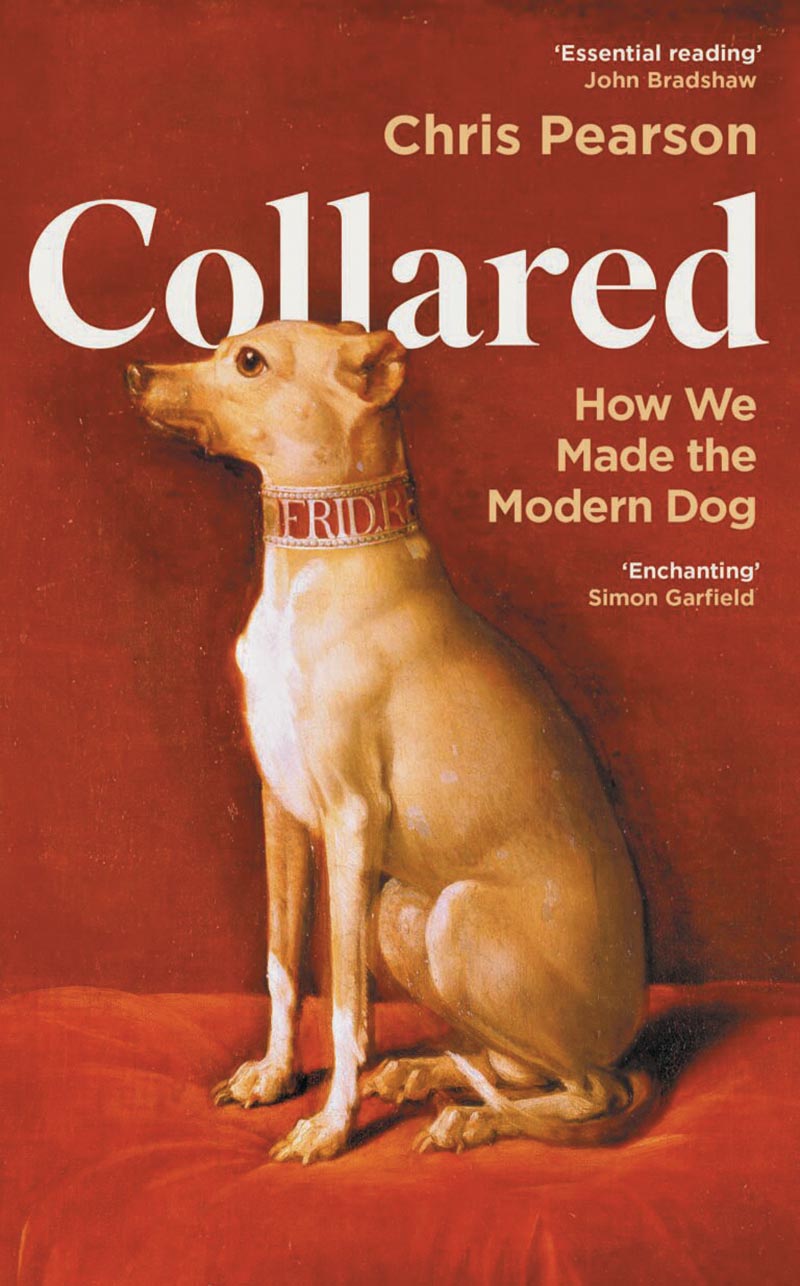I live in a city that is drenched in history. I’m constantly reminded of its layers of history, from Roman remains to a 1930s cinema converted into a theatre-cum-library-cum-cinema. When I take my dog Cassie for her daily walks, we stroll along an 18th-century canal with the English Civil War-era city walls forming a picturesque backdrop.
The past haunts us, and Cassie herself is profoundly historical. A Bedlington-Whippet cross who joined my family in June 2021, aged eight weeks, she has grey fur, soulful eyes, and a scruffy beard and eyebrows. She exudes affection, curiosity, and joie de vivre. Everyone – canine or human – is a potential friend to her (squirrels and cats, however, are definitely not in the friend zone). She is a joy to have around during this period of political, social and environmental turmoil.
Get the latest news and insight into how the Big Issue magazine is made by signing up for the Inside Big Issue newsletter
As people often say, dogs live in the present and so help keep you in the moment too. And while my mind often still whirrs when I’m with her – thinking through work and family life, and worrying about war, Trump, and climate breakdown – sometimes, sitting in the garden with her on my lap, listening to the hum of insects and traffic, I feel a deep sense of calm.
Such moments seem outside time. But as a historian, I know that the past is ever present, and that neither dogs nor humans exist outside of their historical contexts. She’ll never realise it, but Cassie’s life is very different to a dog living in, say, early 19th-century Britain, let alone a street dog in Delhi at any point in history. If she’d been born in Britain on 2 May 1821 instead of 200 years later, Cassie would not have been inoculated against infectious diseases such as distemper, the vaccine for which was only developed a century later.
She would likely have eaten a diet of scraps from the table and kitchen leftovers instead of the sophisticated mix of ground-up, dried meat and vegetables that is Kibble dog food which I feed her. Indeed, even dog biscuits only became available in the mid-19th century when James Spratt first launched his range of ‘dog cakes’.










